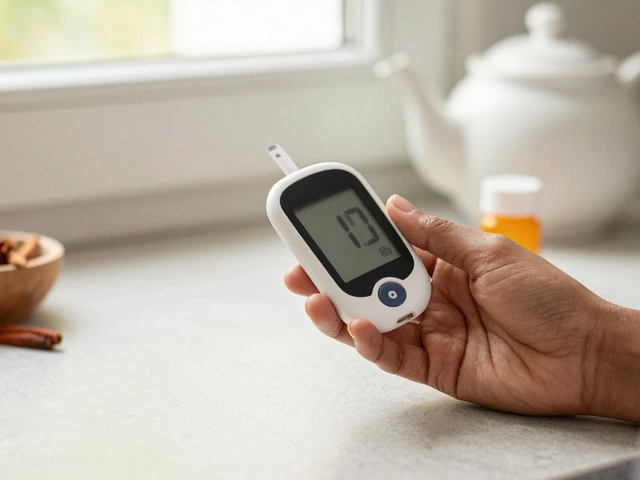Heart surgeries vary in complexity and risk, with some procedures being particularly challenging and perilous. This article dives into the riskiest heart surgeries, explaining the reasons behind their danger. It also provides insights into the procedures, potential complications, and the impact on patients. While some surgeries are unavoidable, understanding the risks can help in making informed decisions.
Read MoreComplex Heart Surgery Explained: Risks, Recovery, and Practical Tips
If you or a loved one are facing a complex heart surgery, it’s natural to feel overwhelmed. You might be wondering what makes a surgery "complex," how long the recovery will take, and what you can do to make the process smoother. Let’s break it down in plain, everyday language so you know exactly what to expect.
Understanding Complex Heart Surgery
Complex heart surgery isn’t a single procedure; it covers operations that involve multiple steps, advanced technology, or a higher level of risk. Examples include valve replacements combined with coronary artery bypass grafts (CABG), repairs of congenital heart defects in adults, or surgeries that require deep hypothermic circulatory arrest. These procedures often need a heart‑lung machine, specialized surgeons, and a longer time on the operating table.
Because the heart is a vital organ, surgeons take extra precautions to limit complications like bleeding, arrhythmias, or infection. Pre‑op tests such as echocardiograms, cardiac CT scans, and blood work help map out the exact plan and identify any hidden issues that could affect the outcome.
Recovery Tips & What to Expect
After the surgery, you’ll spend a few days in the intensive care unit (ICU). This isn’t just for monitoring; it’s where nurses fine‑tune pain meds, watch your heart rhythm, and ensure the incision heals well. Most patients stay in the hospital for 5‑10 days, depending on how smooth the surgery went and how quickly they get back on their feet.
Once you’re home, the real work begins. Start with short, frequent walks—just 5‑10 minutes a few times a day—and slowly increase the distance. Gentle breathing exercises help expand the lungs and reduce the risk of pneumonia. Follow your doctor’s medication schedule exactly; skipping a dose can set back your recovery.Eating a heart‑healthy diet speeds healing. Focus on lean proteins, whole grains, plenty of vegetables, and low‑sodium foods. Hydration matters too; aim for 8‑10 glasses of water a day unless your doctor says otherwise.
Watch out for warning signs. Fever above 101°F, increasing chest pain, shortness of breath at rest, or a sudden swelling in your legs could mean an infection or a heart issue. If any of these pop up, call your surgeon right away.
Emotional recovery is just as important. It’s common to feel anxious or down after a big operation. Talk to a counselor, join a support group, or simply share your feelings with family. Staying positive can actually improve physical healing.
Most people start feeling “normal” again within 6‑12 weeks, but full strength may take several months. Your cardiac rehab program will guide you through tailored exercises, education, and lifestyle changes that keep your heart healthy for life.
Bottom line: a complex heart surgery is a major step, but with the right information and a solid recovery plan, you can get back to living an active, fulfilling life. Keep close communication with your medical team, stick to the rehab schedule, and celebrate small milestones along the way.





